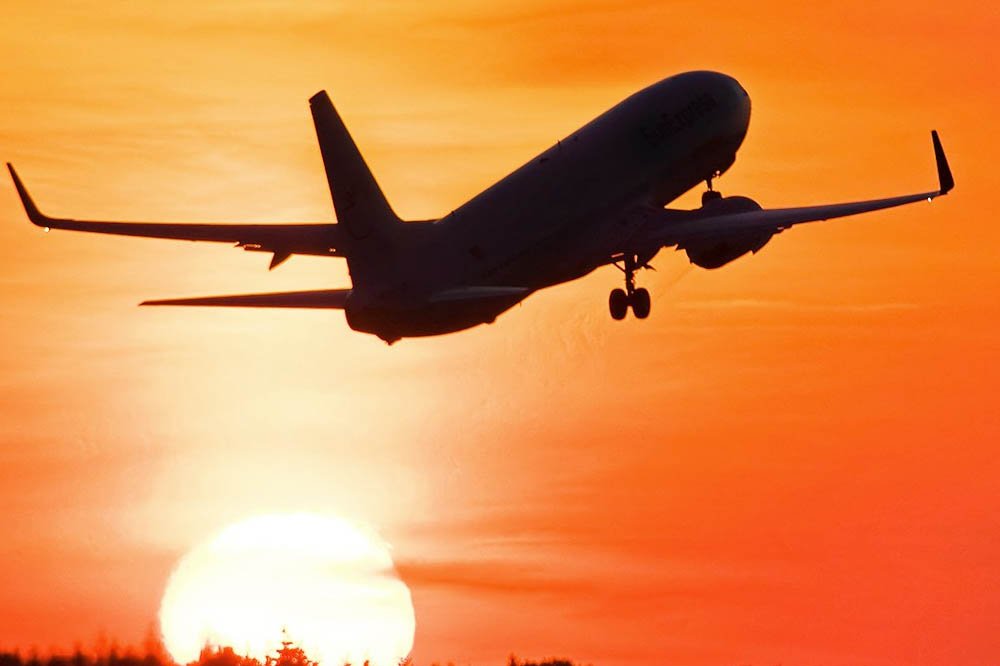Over the last ten years, the tourism industry has seen remarkable changes. In order to attract customers and stay competitive, airlines today use extremely complex pricing methods. As travelers, we’re frequently bombarded with “exclusive” offers, but understanding what’s actually taking place behind these promotional campaigns is vitally crucial for making sensible travel decisions.
The Dynamics Behind Airline Pricing
Airlines use complex algorithms and factors like demand patterns, seasonal trends, and competitor pricing, all feeding into their pricing machines where every single decision is data-driven.
The marketing idea of exclusive deals works by exploiting the fear of missing out. When you see that “limited time” banner flashing, your brain goes into panic mode. Airlines know this. They’ve studied it. They count on you clicking “book now” without doing your homework.
Price swings throughout the year can be wild sometimes, with 40% differences between peak and off-peak to fly from Delhi to Melbourne. In the end you have to ask whether that “exclusive deal” is actually saving you money, or is it just regular pricing dressed up with fancy marketing?
Flash Sales: The Good, the Bad, and the Ugly
The effectiveness of flash sales depends on timing and flexibility. Airlines use these promotions strategically, filling seats on unpopular routes or during slow periods. Some deals genuinely offer exceptional value. Others simply bring artificially inflated prices back to normal levels. It’s like a retail store that raises prices just to put items “on sale.”
For travelers flying from Melbourne to Amritsar, flash sales can deliver real savings. Particularly when airlines need to balance their network capacity. However, brace yourself for the fine print. Strict terms, limited changes, and specific travel dates that might not work with your schedule.
Hidden Costs That’ll Bite You
This is where exclusive deals often fall apart completely. That amazing fare you spotted. It probably excludes baggage allowances, seat selection, meals, and basically everything that makes flying bearable. Sometimes that “deal” ends up costing more than a regular ticket.
Booking restrictions are another headache. Immediate payment required. Limited refunds. Restricted changes. For travelers booking flight tickets from Australia to India, these restrictions can be particularly brutal given the long-haul nature and visa complications.
Strategic Timing for Maximum Value
The smartest approach involves strategic timing and flexibility. Airlines announce their best promotions during specific periods like early weekdays and economic downturns when they desperately need to stimulate demand.
For a traveler booking a Melbourne to Ahmedabad flight, timing and understanding peak travel periods become critical to help you distinguish between genuine promotional value and standard seasonal price adjustments. Peak seasons are mostly during public holidays and summer when kids are home and families are going on vacation.
When Deals Actually Deliver
The worth of exclusive flight deals depends entirely on your individual circumstances. Fixed schedules and specific requirements? Those promotional restrictions might outweigh any savings. But flexible travelers who can adapt to limited availability often find substantial value.
Research shows successful deal hunters maintain realistic expectations. Not every promotion represents exceptional value. The key lies in comparing total costs, including all fees and restrictions, against standard pricing for identical routes.



